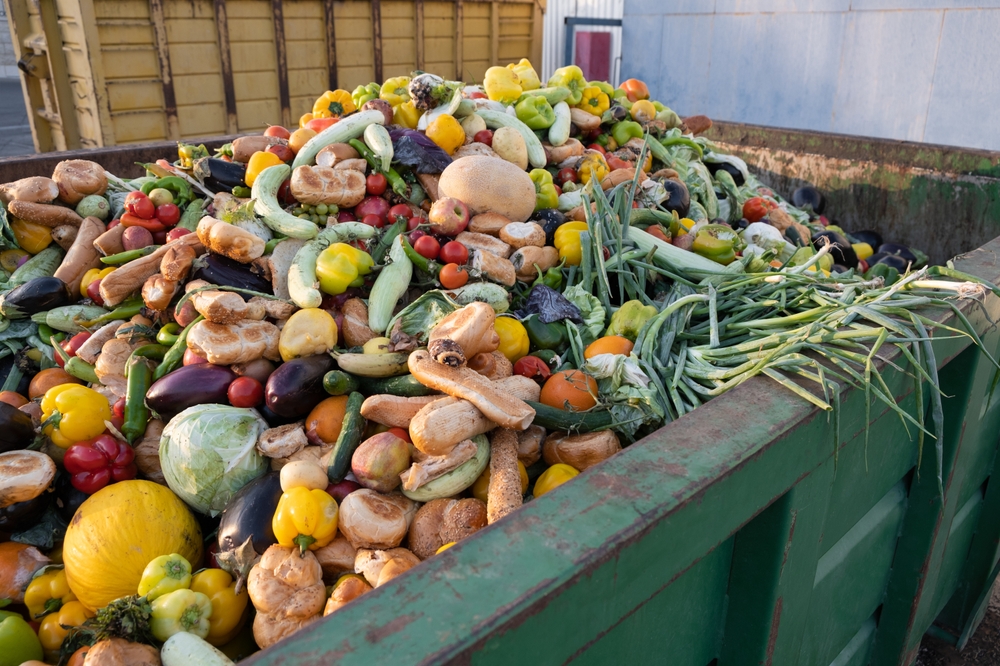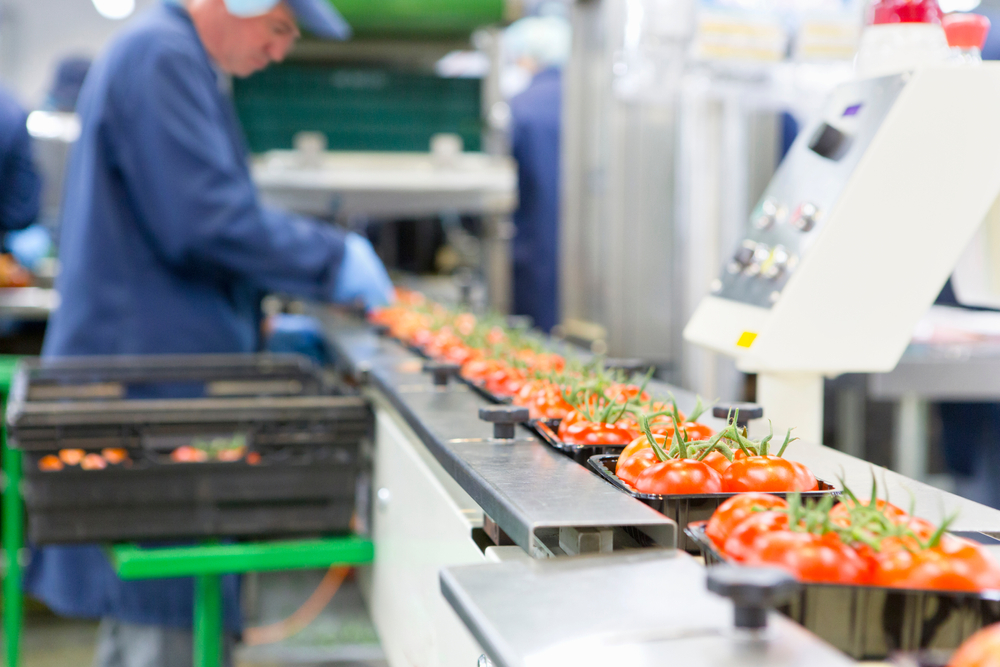Food manufacturers today face a dual responsibility of minimising food waste and maintaining impeccable hygiene standards.
While these goals may seem at odds, they are both critical to ensuring a sustainable and safe food production process.
Let’s explore how food manufacturers can achieve both objectives simultaneously.
The impact of food waste in manufacturing
Food waste in manufacturing not only affects the bottom line but also has significant environmental and ethical implications.
According to WRAP, an estimated 1.1 million tonnes of food is wasted annually in the UK food manufacturing sector alone. Addressing this issue is vital for sustainability and cost-efficiency.
Challenges of balancing waste reduction and hygiene
Hygiene standards are non-negotiable in food manufacturing, as they ensure consumer safety and regulatory compliance.
However, strict hygiene protocols can sometimes lead to waste, such as the disposal of food during cleaning processes or the rejection of products that do not meet quality standards.

Strategies to reduce food waste while upholding hygiene standards
1. Optimise production planning
Overproduction is a common cause of food waste. Inefficient production planning can lead to excess products that are discarded.
Solution:
- Use advanced forecasting tools to align production with demand accurately.
- Implement lean manufacturing practices to minimise overproduction and reduce waste.
2. Improve inventory management
Poor inventory management often leads to spoilage of raw materials or ingredients due to improper stock rotation.
Solution:
- Adopt a first-in, first-out (FIFO) approach to ensure older stock is used first.
- Utilise digital inventory management systems to monitor stock levels and expiration dates in real-time.
3. Implement hygienic design in equipment
Food waste can occur during cleaning and maintenance if equipment is not designed with hygiene and efficiency in mind.
Solution:
- Invest in hygienically designed equipment that minimises product residue and facilitates easy cleaning.
- Regularly inspect and maintain equipment to ensure optimal performance.
4. Re-evaluate quality standards
While maintaining high standards is essential, overly strict aesthetic requirements can result in the rejection of perfectly edible products.
Solution:
- Establish realistic quality standards that focus on safety and functionality rather than appearance.
- Partner with secondary markets or food redistribution organisations to repurpose rejected products.

5. Leverage technology for real-time monitoring
Inefficiencies in temperature control, storage, or production processes can lead to waste.
Solution:
- Use sensors and monitoring systems to track critical control points in real time.
- Conduct regular audits to identify and address inefficiencies.
6. Train staff in waste reduction practices
Staff who are unaware of waste reduction strategies may inadvertently contribute to waste during production or cleaning.
Solution:
- Provide comprehensive training on waste reduction and hygiene protocols.
- Encourage a culture of sustainability where employees are motivated to identify and minimise waste.
7. Repurpose by-products
Many by-products of food manufacturing can be repurposed or upcycled instead of being discarded.
Solution:
- Identify opportunities to use by-products in new products, animal feed, or composting.
- Collaborate with other industries to find innovative uses for by-products.
A sustainable future for food manufacturing
Reducing food waste while maintaining hygiene standards is not only achievable but also essential for a sustainable future.
By implementing strategies and working with experts like Complete Food Safety, food manufacturers can enhance operational efficiency, reduce costs, and contribute to a more sustainable food system.
For expert guidance on food safety and compliance, visit www.cfscompliance.co.uk.

